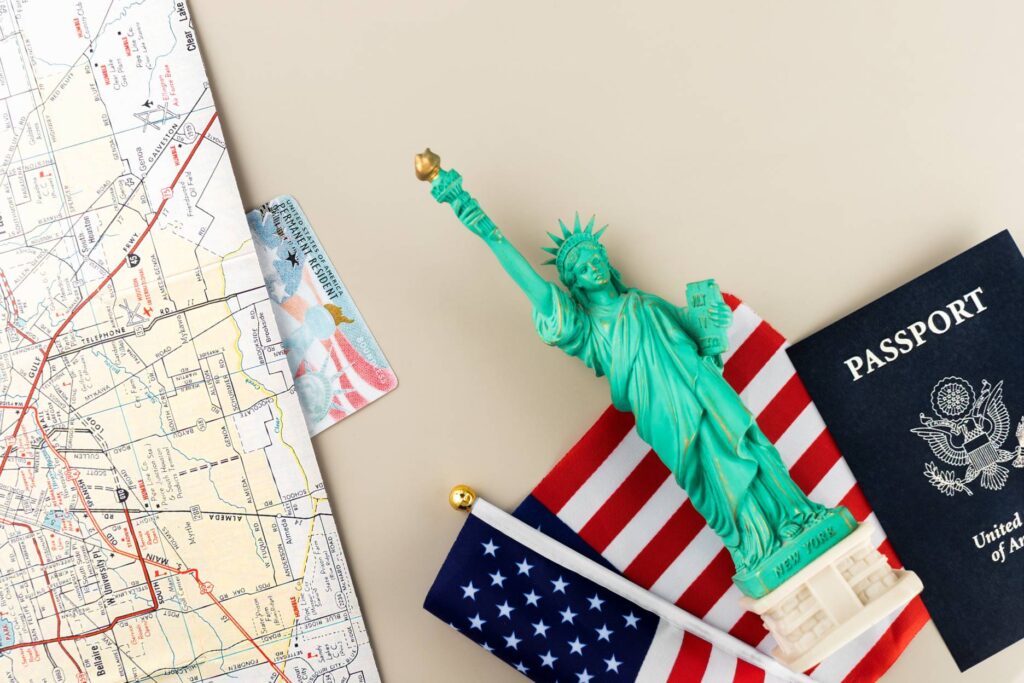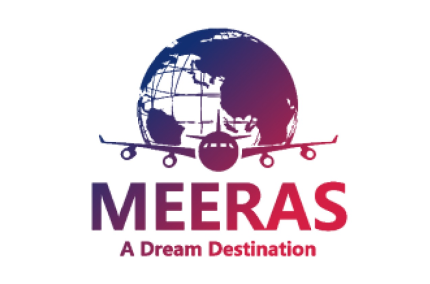USA H-1B Visa
Home > USA H-1B Visa

USA H-1B Visa
The H-1B visa is a non-immigrant visa category in the United States that allows U.S. employers to temporarily employ foreign workers in specialty occupations that require specialized knowledge and a bachelor’s degree or higher (or its equivalent).
Germany
The H-1B visa program is highly competitive, and applicants need to meet specific criteria to qualify. Additionally, due to the annual cap and high demand, securing an H-1B visa can be challenging, and applicants may need to explore alternative visa options if they don’t get selected in the lottery.
Key points about the H-1B visa:
- Eligibility: To qualify for an H-1B visa, applicants must have a job offer from a U.S. employer for a specialty occupation and possess the required qualifications (usually a bachelor's degree or higher) in the field of the intended employment.
- Employer Sponsorship: The employer is responsible for petitioning for the H-1B visa on behalf of the foreign worker. They must file Form I-129, Petition for a Nonimmigrant Worker, with the U.S. Citizenship and Immigration Services (USCIS).
- Quota and Lottery System: There is an annual numerical cap (quota) on the number of new H-1B visas available each fiscal year. As the demand often exceeds the cap, a lottery system is used if the number of applications exceeds the available slots.
- Duration: The initial period of stay granted under an H-1B visa is usually three years, extendable up to a maximum of six years. In certain cases, extensions beyond the six-year limit are possible, such as if the individual is in the process of applying for employment-based permanent residency (Green Card).
- Work Authorization: H-1B visa holders are authorized to work only for the sponsoring employer in the specified specialty occupation.
- Dependents: H-1B visa holders can bring their immediate family members (spouse and unmarried children under 21) to the U.S. under the H-4 visa category. Dependents can live in the U.S. but are not allowed to work unless they obtain their own work authorization.
- Dual Intent: H-1B visa holders can have "dual intent," meaning they can pursue permanent residency (Green Card) while holding an H-1B visa without jeopardizing their non-immigrant status.
Applicants and employers interested in the H-1B visa should consult with an immigration attorney or refer to the USCIS website for the most up-to-date and detailed information regarding eligibility, application process, and requirements.




